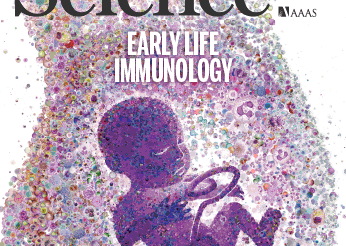Does diversity breed innovation? | Science

If diversity breeds innovation, and innovation is predictive of success, do underrepresented scientists generate more novel innovations? To compare minority and majority scholars’ rates of scientific novelty, Hofstra et al., used machine learning to analyze a population of ∼1.2 million U.S. doctoral recipients to identify scientific innovations, investigate the rates at which these innovations get taken up by others, and examine the impact these innovations have on scientific careers. Results show that rewards are similar for low-impact innovation; however, as impact novelty increases, minority contributions become devalued and are taken up at lower rates. This study reveals a stratified system in which minorities need to innovate at higher levels to achieve similar levels of career success, further stressing the critical need to address biases in research evaluation and publication.
Proc. Natl. Acad. Sci. U.S.A. 117, 9284 (2020).
